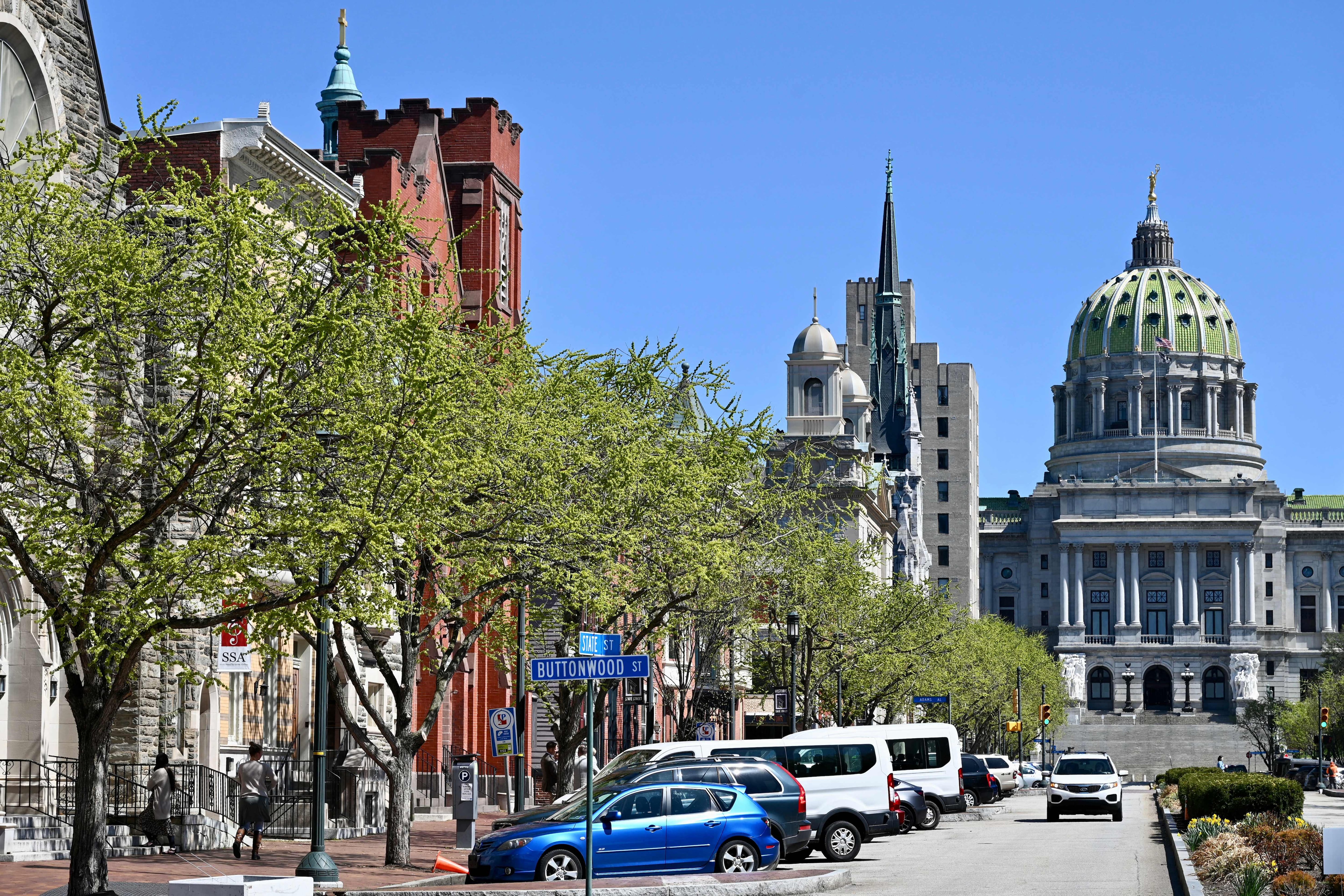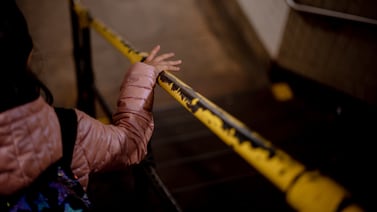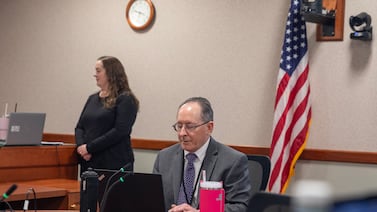Pennsylvania is depriving up to 17,000 young people with special needs as much as a year of services they are entitled to under federal law, according to a class-action lawsuit brought this week against the state Department of Education.
The lawsuit was filed on behalf of a 19-year-old student in the Lower Merion School District by the Public Interest Law Center and the law firm Berney & Sang, which specializes in civil rights litigation.
The Individuals with Disabilities Education Act, commonly known as IDEA, specifies that students with special needs are entitled to a free public education until they turn 22 if they cannot earn a regular high school diploma.
But under Pennsylvania Department of Education policy, districts can terminate services to students at the end of the school year during which they turn 21. That means students could be denied services for as much as a year depending on when their birthday falls, the complaint alleges.
The lead plaintiff, identified as A.P., has an intellectual disability, is on the autism spectrum, and has speech and language as well as other health impairments. He will turn 22 in February 2026, but his services would stop almost eight months earlier under Pennsylvania’s policy.
“Pursuant to his [Individualized Education Plan], he is supported by personal care assistants and receives services including speech and language therapy, occupational therapy, physical therapy, and transition services to help him develop independent living and workplace readiness skills,” the complaint says.
While it is impractical to find all potential members of the class, the complaint estimates up to 17,000 students in Pennsylvania, including 2,000 in Philadelphia, are ages 17 to 21 and receiving special education services. Of those, about 300 of those are 21, said a spokesperson for the law center, which specializes in students with disabilities and often represents them in litigation against school districts.
The Pennsylvania Department of Education does not comment on pending litigation, but “is committed to ensuring that every student receives a high-quality education and working with parents to meet the needs of students with disabilities,” according to a statement from its communications director, Casey Smith.
The legal argument rests on the provision of IDEA that requires states to provide services to individuals with disabilities as long as free education is provided to others in that age range. The complaint says that in Pennsylvania, adult education programs are available to young people who have not earned a high school diploma.
“Because PDE provides free public education to students 18 through 21 via its adult education programs, it is obligated under the IDEA to make a [free appropriate public education] available to students with disabilities in that age range as well, and thus to provide special education and services to eligible students until their 22nd birthdays,” the complaint says.
Federal courts in similar cases involving other states, including Hawaii, Rhode Island, and Connecticut, have ruled in favor of the plaintiffs, according to the court filing.
“PDE’s age-out policy unlawfully cuts this right short, denying eligible young adults the supports and services they need to succeed in life after high school,” said Claudia De Palma of the law center.
David Berney of Berney & Sang said that “for children with significant disabilities who are not yet ready to transition out of high school, another school year can make a huge difference in their lives.”
Dale Mezzacappa is a senior writer for Chalkbeat Philadelphia, where she covers K-12 schools and early childhood education in Philadelphia. Contact Dale at dmezzacappa@chalkbeat.org.







